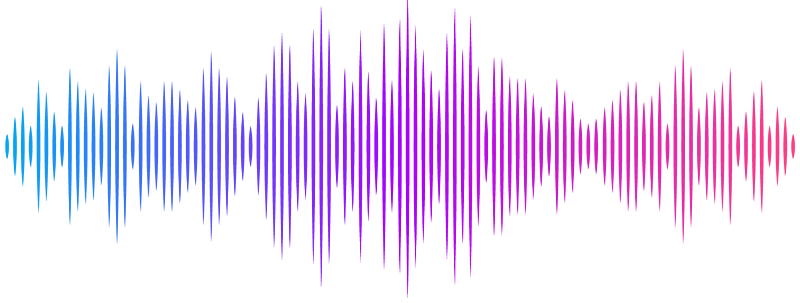Aging changes the underlying mechanism of JAK2 modulation in neutrophil function

Aging changes the underlying mechanism of JAK2 modulation in neutrophil function
Feldmann, J. W.; Kays, M.; McGinnis, F.; Herron, E.; Sati, N.; Woods, C.; Coulibaly, A.
AbstractJanus Kinase 2 (JAK2) has been linked to various neutrophil functions, but the intracellular mechanisms underlying its modulation are unknown. Neutrophils are essential cells for host defense. Neutrophil effector functions include migration, reactive oxygen species (ROS) production, degranulation, and neutrophil extracellular trap (NET) formation. The goal of this study was to elucidate the signaling mechanism through which JAK2 modulates neutrophil function and the effect of aging on this pathway. We hypothesized that JAK2-mediated modulation changes the molecular mechanisms associated with neutrophil function in an age- and sex-dependent manner. Neutrophils from young (3 months) and aged (22+ months), male and female C57BL/6J mice were isolated, treated with a JAK2 inhibitor (AZD1480) or a pan-JAK inhibitor (Baricitinib), and stimulated with Phorbol 12-myristate 13-acetate (PMA). Functional assays were conducted to assess migration, ROS production, degranulation, NETosis, and metabolism. Mass spectrometry and Luminex assays provided proteomic and cytokine profiles. Our data show that JAK2 promotes migration via membrane composition and actin remodeling, with age-dependent shifts in chemokine secretion. JAK2 indirectly affects NETosis by modulating IL-1 signaling and ROS production. It also primes ROS production by altering NADPH oxidase components. In young neutrophils, JAK2 influences degranulation through actin remodeling, while aged neutrophils display impaired granule release. Metabolically, JAK2 enhances pentose phosphate pathway activity in young neutrophils and decreases glycogen breakdown in aged cells. These findings reveal mechanisms by which JAK2 modulates neutrophil function and suggest age-specific therapeutic targeting in inflammatory diseases.